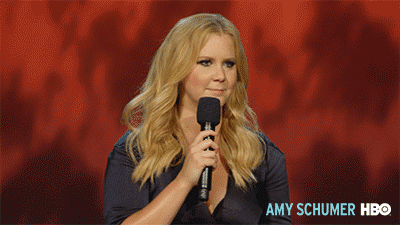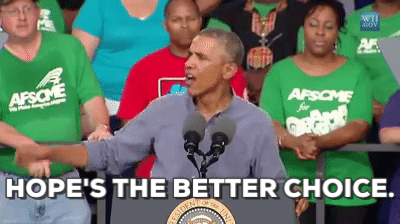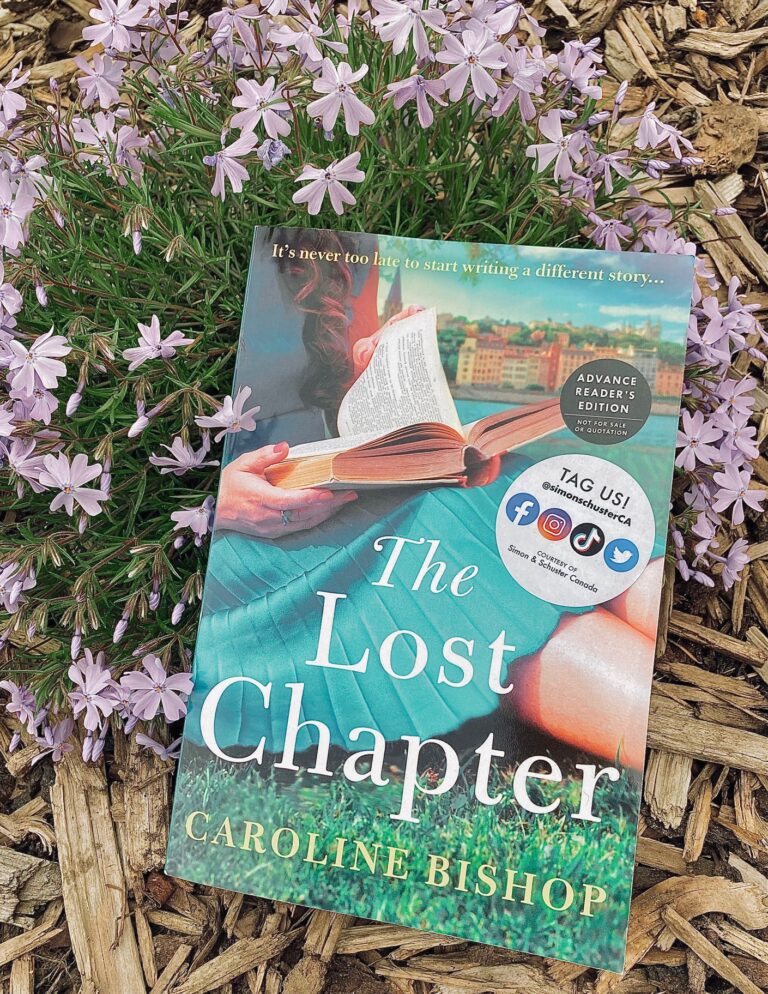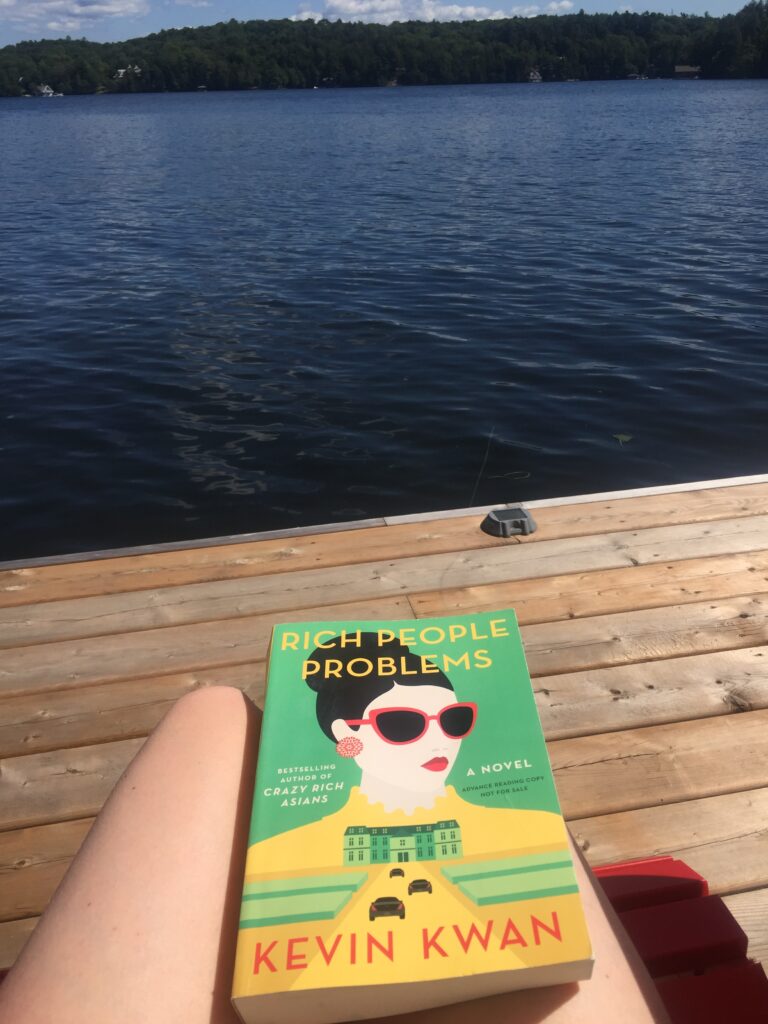Book Review: Class by Lucinda Rosenfeld
I’ve been called a ‘bleeding heart’ liberal before, mainly by my husband (whom I typically don’t see eye to eye with politically, although this makes for a more interesting marriage in general), so when I heard about a book that satirizes liberal hypocrisy, I knew I had to read it.
Class by Lucinda Rosenfeld features a woman named Karen Kipple who on the surface, appears to be doing everything she can to be an upstanding leftist citizen of Brooklyn; she works as a fundraiser at a non-profit for underprivileged children, she sends her only daughter Ruby to an integrated public school with white kids as the minority, she avoids buying processed foods at all costs and searches out independently-owned restaurants and cafes. But as many readers will point out, not only is she SUPER annoying, but she treats racial minorities as objects to furnish her life with. She likes the fact that Ruby is surrounded by people of different colors and classes, but she secretly wishes there were a few more white kids for Ruby to play with at school.
What makes this book complicated (or dare I say, deep) is the fact that Karen’s aware of how hypocritical she can be, which I found challenging as a reader. I was constantly asking myself if I was supposed to dislike Karen, or applaud her for trying to do her best? These dichotomies in her personality were a struggle for me, because although Karen was naive, she was constantly trying to do the right thing (which I try to do as well), and although she wasn’t always successful at this, she has a stronger moral compass than many other people in the world.
One aspect of this book that I truly enjoyed, and I think other mothers would as well is the depiction of Karen’s parenting day-to-day. This is where most of the humour in the book comes to fruition, and her observations are pretty spot on. For instance:
“Sometimes it seemed as if the less the fathers did, the more their offspring received them as heroes” (p. 140).
Or, this little gem:
“Karen tried not to judge how other people raised their children, but in truth, she rarely missed an opportunity to do so” (p. 12).
There’s her self-awareness rearing its head again, which I can only assume Rosenfeld did on purpose. I think she wanted us to see parts of ourselves in Karen, even if it was painful to do so.
The inner dialogue in this book can be a bit tiresome, simply because Karen is constantly chastising herself when she realizes her thoughts come across as racist. This may be a bit of a provocative statement but I think we’re all a bit racist or xenophobic at heart, making assumptions about certain cultures and groups of people without really knowing them that well-but it’s how you act on these assumptions that makes all the difference. Like other bleeding heart liberals, I’m hoping that society in general will continue to become more tolerant and accepting of people’s differences.
As the book continues, Karen’s life take a bit of a strange turn when she finds herself in an extra-martial affair, and stealing from her school’s PTA account. In fact, it felt like the genre of the book almost shifted from a literary look at liberalism to a chick-lit romp of unbelievable situations. I didn’t mind it necessarily, it was a nice break from the serious discussions of race and class at the beginning of the novel but it was a bit unexpected.
I feel like this review was a bit all over the place, but I really did enjoy this book. Class offers us a chance to really examine ourselves and our motivations, which is always an important and eye-opening exercise for people of all walks of life.






Sounds like an interesting looking into the idea of whether or not good intentions are enough. I may have to search this one out!
oh yes, it’s a great discussion starter!
I was laughing so hard – “Smokey, like many domestic cats is a staunch conservative” – oh my goodness – I love the cat stuff on your blog!
Aw thanks! I love cat stuff in general, which is why I’m a crazy cat lady :)
Sounds like fun – I quite like the idea of her awareness of her own hypocrisy, because secretly I think most of us bleeding-heart liberals know we’re a bit hypocritical at times. Your right, the book really did hit home, that’s a very accurate way to describe it lol
That’s what appealed to me too :)
I’ve not yet read another review of this one on the blogosphere, but I’ve seen it at my library and been curious. I remember reading one of her earlier books MANY years ago when I was in a huge chick-lit phase and really liking it. I’m glad to know your thoughts on this one! I might give it a try when I’m looking for a random pick from our shelves, which I sometimes do.
I was surprised more people hadn’t reviewed this actually, I thought the topic was extremely timely!
Very disappointed in this book . The main character was shallow and a very troubled two faced person who was not like able . Not worth the read .
You weren’t the first person to say that about this book, all opinions are welcome and encouraged!